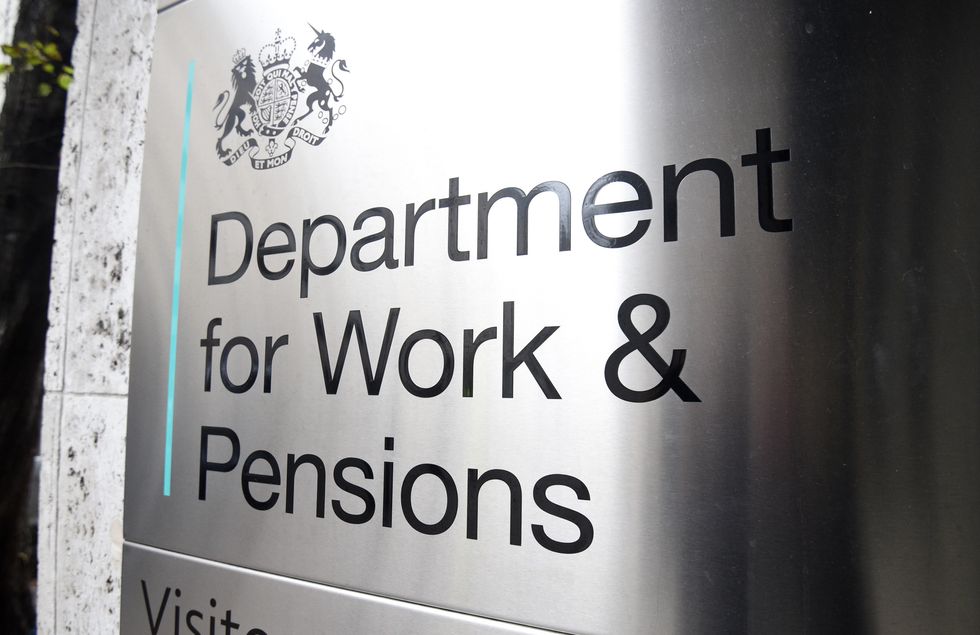DWP issues thousands of letters to Britons warning their benefit payments will be axed

Those who miss their deadline date can still move to Universal Credit later, but they won't receive transitional protection
Don't Miss
Most Read
Thousands of parents have received urgent warning letters from the Department for Work and Pensions (DWP) as Tax Credits are set to end this weekend.
The benefit will cease on April 5, 2025, marking the first of this year's legacy benefit closures.
Claimants must switch to Universal Credit when they receive their migration notice letter, or their payments will be axed completely.
Many who currently receive Child Tax Credits and Working Tax Credits have still not registered for Universal Credit.
 More than three million people are claiming Universal Credit without any obligation to look for work | GETTY
More than three million people are claiming Universal Credit without any obligation to look for work | GETTY The DWP Tax Credits website states: "Tax credits end on 5 April 2025. No more payments will be made after that."
Those who miss their deadline date can still move to Universal Credit later, but won't receive transitional protection. This protection is a financial cushion designed to prevent people from losing money during the switch.
Research by Ipsos UK for the DWP found that while 78 per cent of respondents knew about Universal Credit, seven in ten were unaware of transitional protection payments.
The protection helps people who would receive less under Universal Credit than their current benefits. For example, if someone receives £600 from Tax Credits but would only be entitled to £400 under Universal Credit, they can receive a £200 top-up.
LATEST DEVELOPMENTS:

The Department for Work and Pensions
| PAThe move is part of the DWP's ongoing managed migration programme, which aims to move all claimants of legacy benefits to Universal Credit by March 2026.
These include Child Tax Credits, Housing Benefit, Income-based Jobseeker's Allowance, Income-related Employment and Support Allowance, Income Support and Working Tax Credits.
There has been significant confusion about the transition process, with many recipients at risk of losing their transitional protection. This happens if they fail to respond within three months of receiving their notice.
The DWP plans to send migration notices to all legacy benefit claimants by the end of this year. Beyond the Tax Credits transition, the DWP is also implementing controversial reforms to Personal Independence Payment (PIP) benefits.
Overall spending on working-age health-related benefits rose from £36billion in 2019-20 to £48billion in 2023-24.
Critics have raised concerns about the scale of benefit cuts. The New Economics Foundation (NEF) suggests 340,000 people face being pushed into poverty - 100,000 more than Government estimates.
Tom Pollard, head of social policy at NEF, told Yahoo News: "It is misleading to suggest that this materially offsets the scale and impact of actual cuts the Government plans to implement."
The Government has defended its approach, with a DWP spokesman stating: "Helping people into good work and financial independence is at the heart of our Plan to Change."











